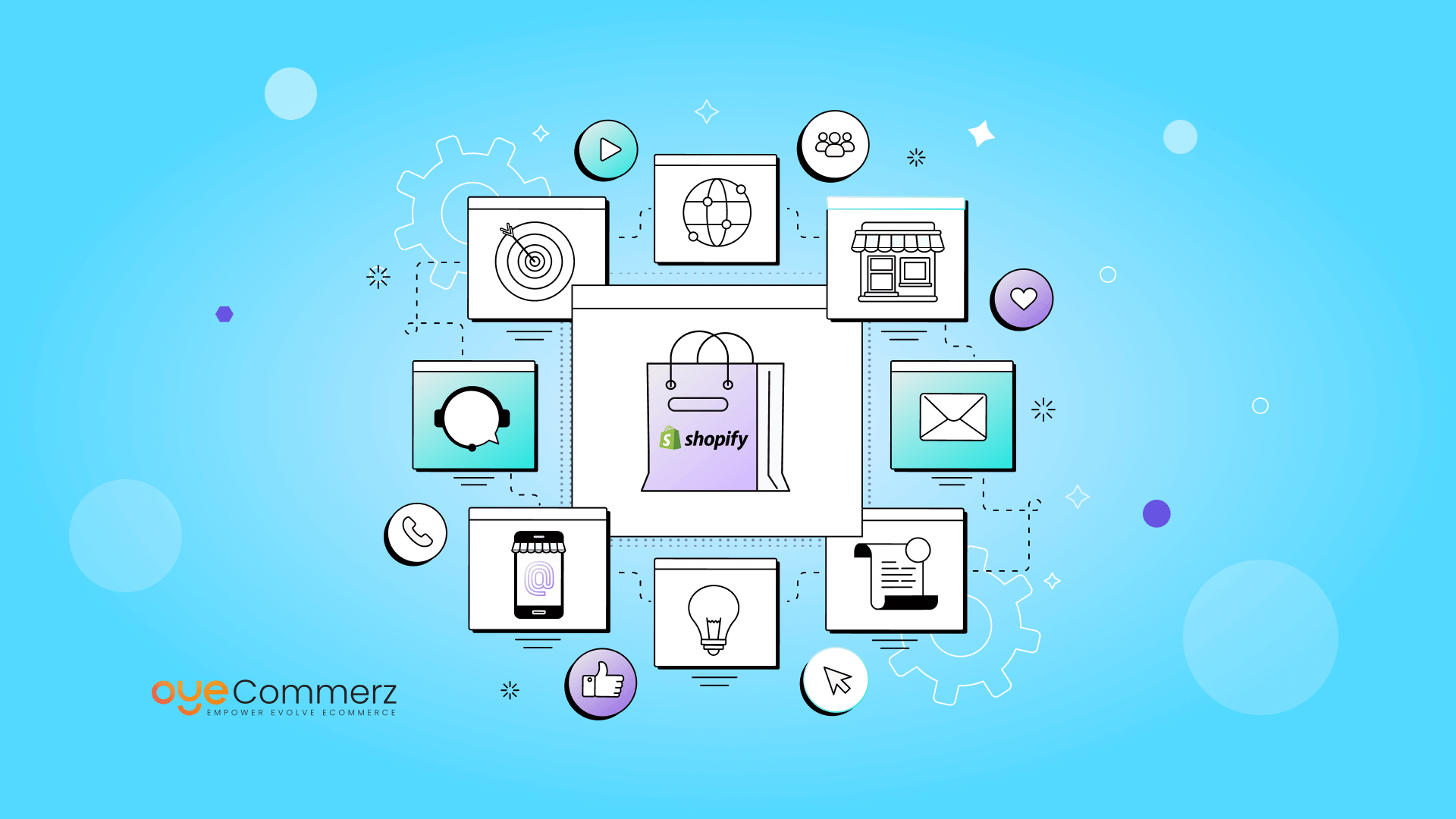Overview
In the current cutthroat e-commerce landscape, differentiating is paramount, and one of the best ways to set apart a Shopify store is through custom app creation. A robust Shopify app can enhance store capabilities, simplify processes, and elevate customer engagement. This article delves into key elements of Shopify app development, covering API integration and app ecosystem to scaling strategies and promotion methods, providing a roadmap for companies seeking superior store performance.
Why Shopify API Integration Matters
Shopify’s API provides powerful tools to personalize and extend store functionalities. With GraphQL and REST APIs, developers can access data to create apps that handle inventory management, order processing, and customer data management seamlessly. Using Shopify’s API can enable improved workflow automation and enables stores to assist shoppers more efficiently.
Utilizing the Polaris Design System
Polaris is Shopify's design system for designing intuitive and easy-to-use Shopify apps. By adhering to Polaris guidelines, developers ensure that apps seamlessly integrate within the Shopify Admin interface. This ensures a cohesive look and feel that resonates with Shopify merchants, encouraging ease of use and familiarity for merchants utilizing your tailored app.
Navigating the Shopify App Ecosystem
The Shopify app ecosystem provides numerous opportunities for improving online stores. From managing fulfillment processes to increasing customer interaction, apps in this ecosystem are designed to meet various business needs. Learning about this ecosystem helps developers in identifying unique app ideas and enables seamless integration of third-party services that add value to the store.
Developing Embedded Shopify Apps
Embedded apps work seamlessly within the Shopify Admin, providing a smooth interface for merchants. They ensure that merchants don’t have to leave Essential Shopify app features their Shopify control panel, streamlining their workflow. Using Shopify App Bridge and embedded app capabilities is recommended for offering a unified, integrated user environment.
Leveraging Node.js and React for Shopify Development
The technologies Node.js and React have become top options for Shopify app creation. This server-side framework enables efficient server-side applications, while React allows for dynamic, responsive front-end design. Combined, they offer an excellent framework for building fast, scalable Shopify apps that enhance store performance and customer interaction.
Webhooks in Shopify Apps
Webhooks allow real-time data updates between Shopify and an outside application. They initiate events Empower your Shopify store such as new orders or inventory updates and send instant notifications to your app. By implementing webhooks, apps can provide up-to-date information to store owners, streamlining workflows and boosting productivity.
Engaging Customers Through Digital Marketing for Shopify Apps
To make a Shopify app successful, engaging customers is key. Utilizing online marketing techniques like SEO, email marketing, and social outreach can increase app usage. Additionally, creating applications with customer interaction as a focus (e.g., loyalty programs or personalized suggestions) increases user retention and loyalty.
Scaling Your Shopify App
As e-commerce stores expand, so do their technology requirements. Ensuring that your app can scale to handle increased traffic, larger databases, and more advanced functionalities is critical. By optimizing server resources and implementing scalable solutions, you can create apps that grow in parallel to a store’s growth.
Important Features and Maintenance Tips for Shopify Apps
For an app to be useful, it should offer essential features like user authentication, analytics dashboard, and customer support options. Regular app maintenance, with updates to fix bugs and compatibility checks with new Shopify features, is vital to maintain uninterrupted performance and avoid interruptions to business processes.
Conclusion
Custom Shopify app development holds vast potential for e-commerce stores, providing the ability to enhance store functionality, streamline processes, and foster customer loyalty. With API integrations and Node.js to ensuring scalability and customer interaction, building a Shopify app involves thoughtful preparation and well-planned actions. If you’re ready to elevate your e-commerce experience, a tailored Shopify application may be the ideal solution. What capabilities do you envision for your dream application? Share your ideas and take the first step toward an optimized e-commerce experience!

Comments on “Empower Your E-commerce: Custom App Development for Shopify to Boost Performance”